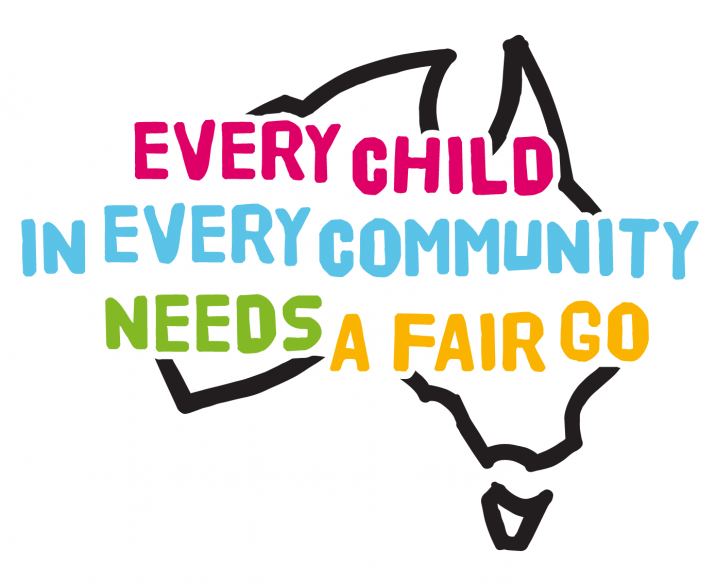
This National Child Protection Week Learning Links is highlighting the importance of teaching consent to children.
New research conducted by child protection charity, Act For Kids, has revealed that more than a third (36%) of Australian parents and carers believe their children don’t understand consent and just half (56%) of parents and carers have discussed consent openly with their children. Despite this, 89% of adults believe it’s the parents’ responsibility to educate their children about consent.
It can be difficult for parents to know how to start conversations around consent but there are some simple things you can do to empower your child with the knowledge and skills to understand and communicate consent from a young age.
CEO of Act For Kids and Child Psychologist, Dr Katrina Lines, says that starting conversations around consent doesn’t need to be an uncomfortable experience.
“If you’re not confident, it’s best to arm yourself with good sources of information and remember that kids are naturally curious about the world and really just need you to be factual with them”, Dr Lines said.
“Teaching children consent from a young age can be as simple as using the correct language for body parts rather than euphemisms, or explaining your actions in your child’s routines, such as bathing. Rather than just forcing them to bath, try explaining what you’re doing and why it is important.”
Unfortunately, in Australia, children aged 0-4 years are most at-risk of abuse and neglect. In these early years, children are still developing their language, cognitive and social skills and without appropriate education, may not yet have the understanding or skills to communicate consent. There are many ways parents can start teaching the concept of bodily autonomy using age-appropriate, simple language to empower children at this crucial life stage.
“A simple way to help kids understand good touch or bad touch is by letting them choose whether they want to hug someone. It could be a Grandparent coming over to visit and telling your child ‘you can hug them if you like, or you could give them a high five, it’s up to you.’ This type of simple language will support your child to develop an understanding of consent,” said Dr Lines.
If your child has language or communication difficulties, you can use signs, pictures, books, or play-acting to help your child understand the concepts and instructions.
“All kids need to practice skills such as assertively saying NO if someone touches them and they don’t like it. It can be a fun role play to do with them. There are also many great books for kids of all ages and abilities that make learning about consent and bodies fun,” Dr Katrina Lines added.
At Learning Links, we believe that all children have a right to feel safe. This year’s Child Protection Week theme is “Every Child In Every Community Needs a Fair Go” and in supporting this crucial awareness week, we strive to give every child a fair go by empowering them with knowledge, skills and confidence to make their own choices about their bodies.
Resources to help teach consent to children:
- My Body Belongs to Me by Jill Starishevsky
- My Underpants Rule! by Kate Power and Rod Power
- Only for Me by Michelle Derrig
- No Means No! by Jayneen Sanders (she has many excellent books for kids and guides for parents on this topic – this is just an example)
- My Body! What I Say Goes! by Jayneen Sanders
An excellent list of resources can be found on the Maggie Dent site: https://www.maggiedent.com/blog/top-tips-resources-teach-children-body-safety-protective-behaviours/
